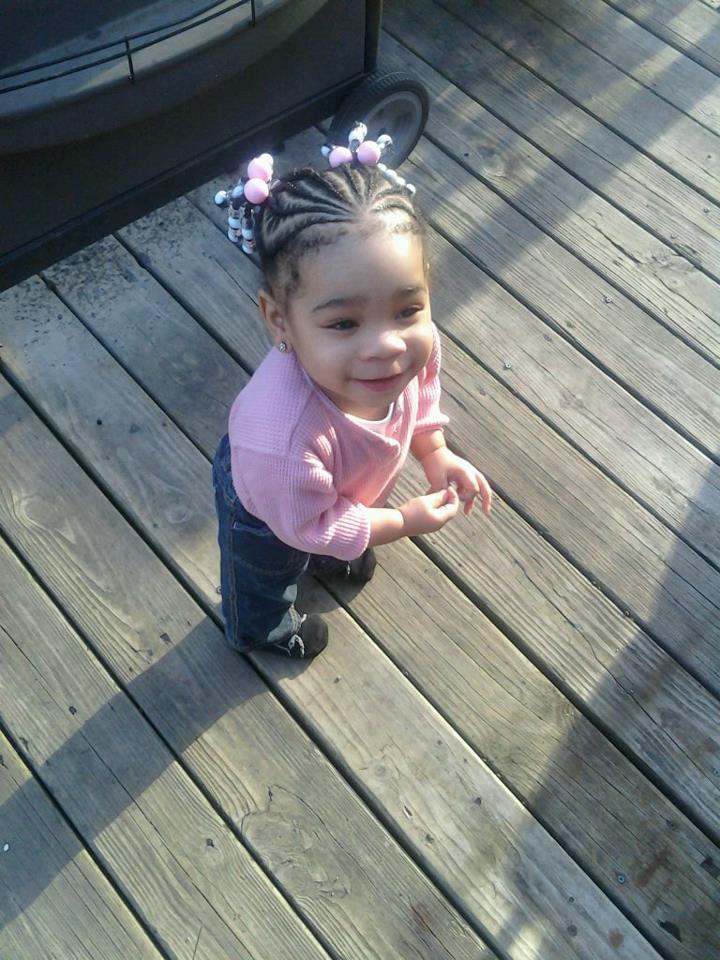What makes me a feminist? I’ve been thinking about this question since my feminism history class last night. We were discussing how Third Wave feminism will look to people looking back at it in 30 years, and some people ended up sharing whether they consider themselves feminists and how they came to that point. At least one could recall the text that gave her the “I’m a feminist, and this is the kind of feminist I am,†epiphany, but I can’t. I didn’t take any women’s studies courses until August 2013.
Now I have all sorts of questions: Is there one turning point for becoming a feminist, or does one come to self-identify as a feminist through a series of spoken and tacit lessons? Do you have to know what a feminist is in order to live like one? Is my feminism just an extension of my politics, or is it a blend of the personal and political? How have I come to embrace the label, “feminist,” not ever even seriously consider “womanist,†and not have a conflict with feminism’s alleged or perceived middle class whiteness?
Since I’m writing a memoir about my life as a black Christian woman who’s also a feminist and wants to explore her sexuality outside the confines of marriage, I should know these answers. The questions are in fact causing my wheels to spin as I consider which scenes I can use to convey what a feminist I’ve always been, but I wonder if my readers would see it that way once it’s written out. I wonder if I would.
Was I feminist because I spent much of my life thinking marriage was for suckers, or did I just think that made me a feminist? Was I feminist because I always thought the submission and women keep silent verses in the bible were made up or decontextualized, or did they just get a rise out of me because they weren’t modeled in my family? Did my constant effort to be recognized as one of the smartest kids in the class show I was a “lean-in†feminist in training, or was it just a Leo’s classic craving for the spotlight?
These questions matter because of something one of my classmates said last night about not buying the idea that feminism opened the door for women to do whatever they want and still claim to be feminists. She said she believes we have choices, and we make choices, but not every choice a woman makes is a feminist choice. I think that’s a revolutionary idea, especially when we’re still having these debates about whether a woman who chooses to be a mother instead of a career woman is a feminist. I’ve often heard women outside of academia say the point of feminism (and they mean Second Wave feminism) was to give women (and they mean middle- or upper-class white women) choices regarding their career, family, sexuality and reproductive healthcare, but women who say that usually ignore the racial, class and sexual orientation privileges women taking advantage of these choices have.
I say it’s not a feminist choice if you ignore factors like race, class, or sexual orientation, because feminism should be intersectional. (It’s also not a feminist choice if you get your economic stay at home privileges by oppressing other women.)
Although my questions about how I came to be a feminist and the feminist nature of women’s choices are worth exploring, they matter less to me than those daily life lessons that influence our lives, choices and views. I’m not concerned about masculinist or misogynistic messages my younger cousin might receive because I read somewhere that I should be concerned about little girls’ perception of themselves. I’m concerned because I love her. As someone who commented on this post about my cousin said, kids “absorb a lifetime’s worth of little messages and assemble those into their own philosophies, just like we did. It’s up to us to pay attention to what they’re assembling and try to help them maintain a balance.â€
I probably won’t read bell hooks’ words to my cousin as bedtime stories, but I’ll pay attention to whether I’m making feminist choices and what those choices could mean to her. I’ll live some of the “Mama’s Feminism†I was raised with and some of the academic feminism I’ve learned as a grownup. And I’ll question myself and keep looking for answers.


